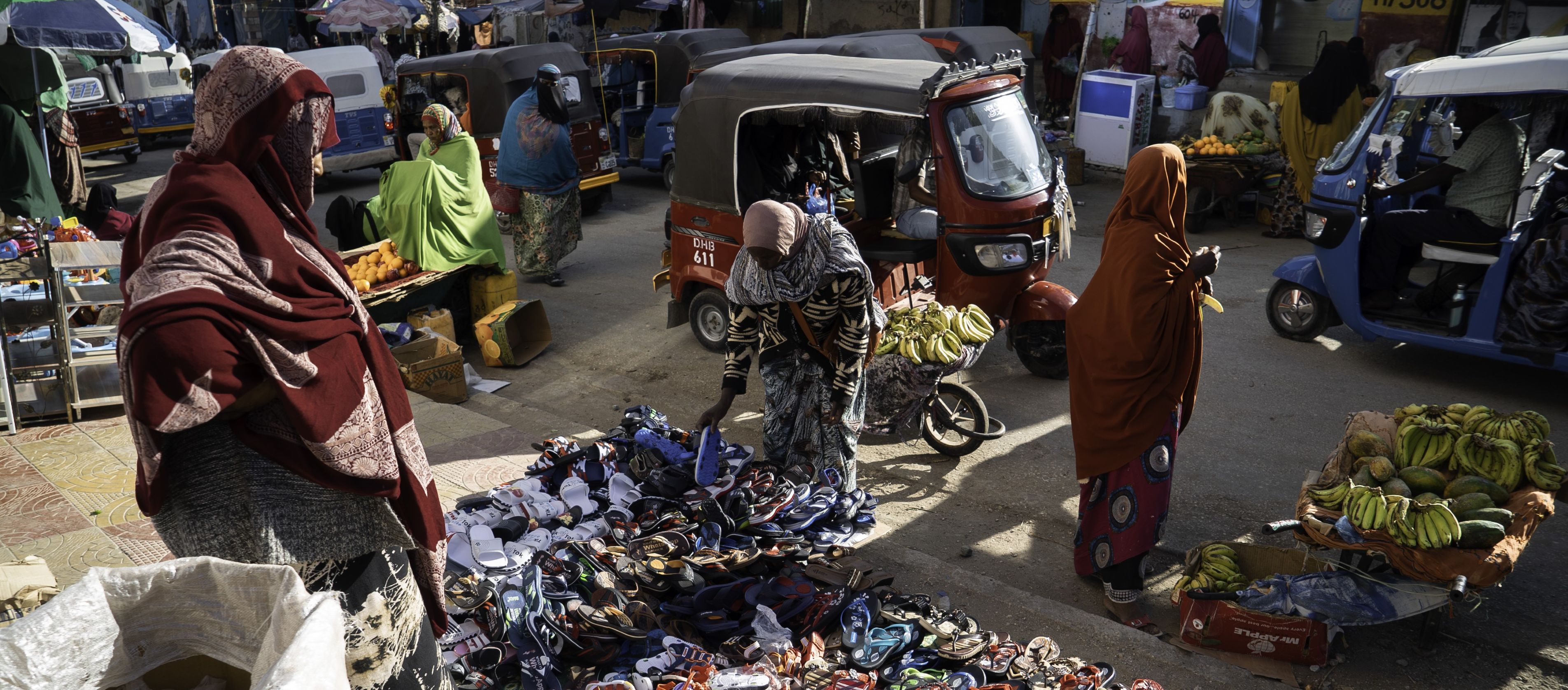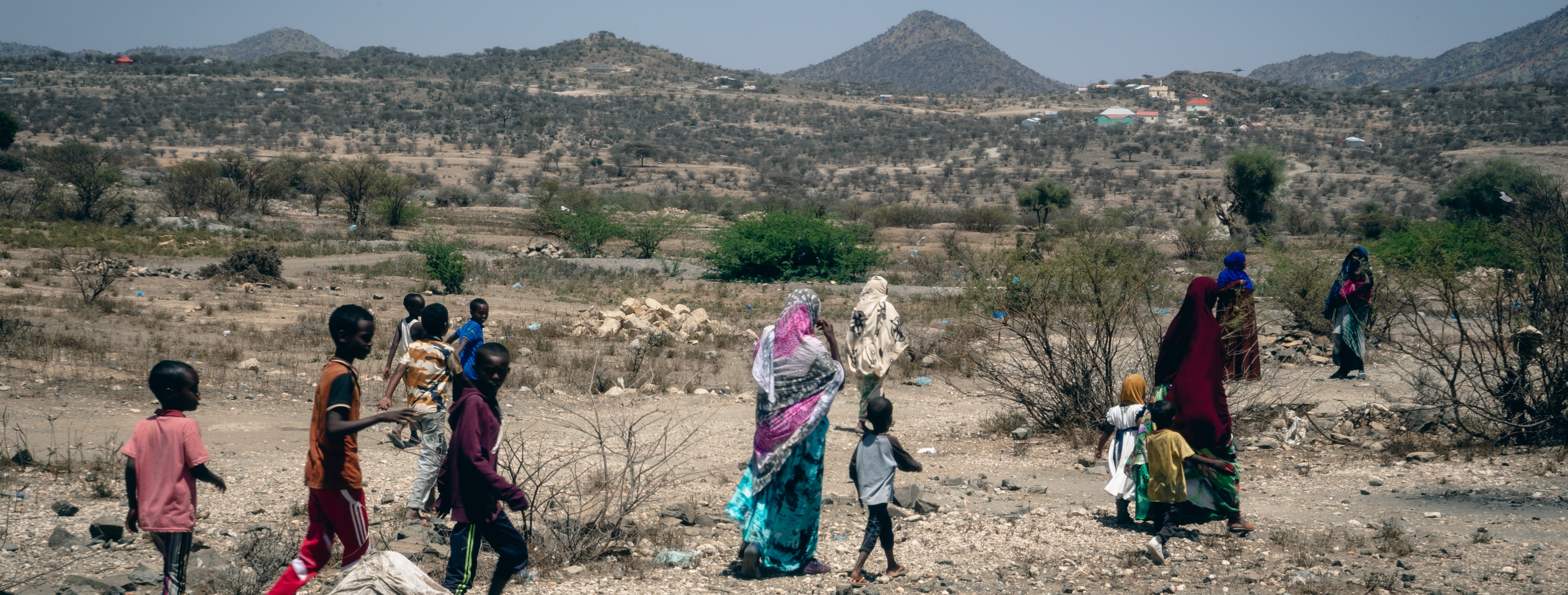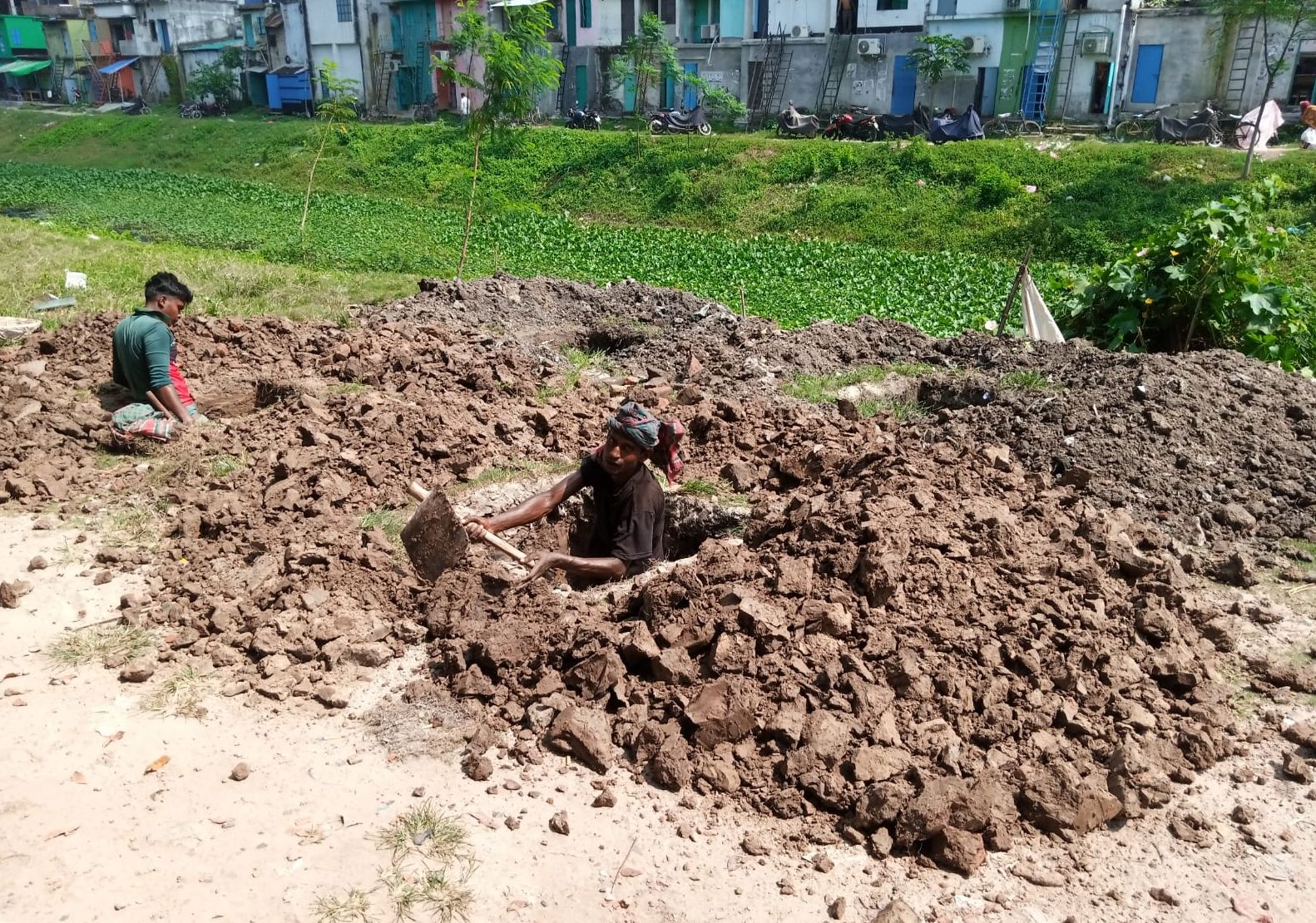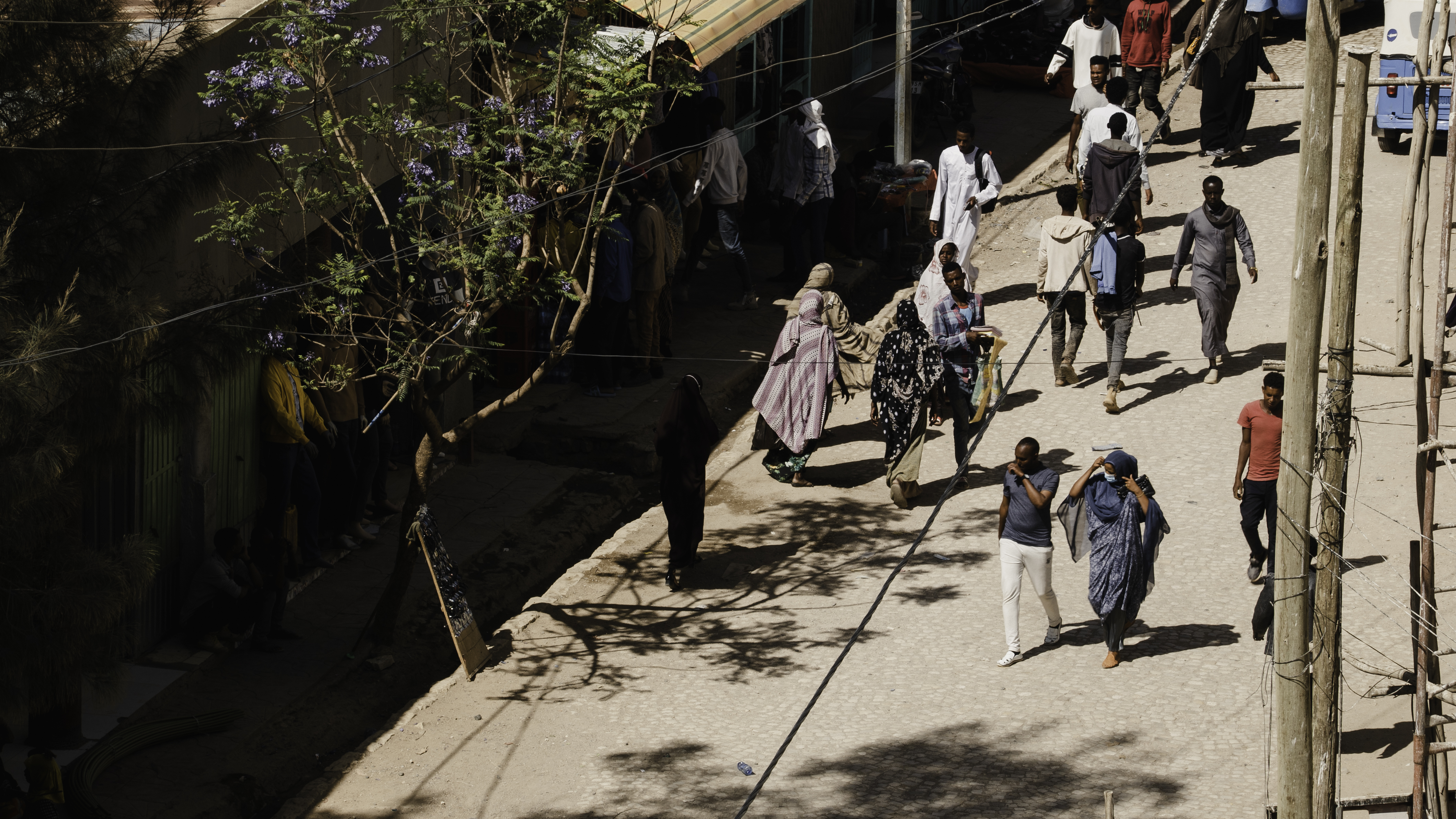By Samuel Mabala, Country Urban Advisor Uganda and Florence Lozet, Urban Analyst, Cities Alliance
Uganda is one of the largest refugee-hosting countries in Africa, with an internationally applauded policy on free movement for refugees. Today, many refugees live in urban or semi-urban areas instead of in camps or purpose-built settlements, particularly in the West Nile region of Uganda bordering South Sudan and the Democratic Republic of Congo (DRC).
Urban refugees do not receive support from the government or the international community, and as a result, city administrations are struggling to provide for both residents and refugees.
In cooperation with the Swiss Agency for Development and Cooperation and Cities Alliance, a pilot project in Arua, Uganda, is working on improving structural and institutional mechanisms for the reception, management, and integration of refugees.
The project has three main components: collecting accurate data on Arua Municipality’s population to inform planning; using mechanisms such as municipal and division development forums to promote dialogue and build capacity among all stakeholders, and partnering with financial institutions to help migrants and host communities become more self-reliant and improve their livelihoods.

As a first step, the project forged a partnership with the Uganda Bureau of Statistics for a first-time survey on urban refugees in a secondary city. The findings of the survey, and challenges in interpreting them, are currently the subject of intensive discussions; municipal estimates do not match survey findings, mostly due to a varying definition of urban refugees.
The project further points to spatial disparities when it comes to recognizing refugees.
Academic literature on urban displacement has disproportionately focused on capital cities, contributing to a perception that they are the main destination for displaced people.
In Uganda, for instance, refugee registration centres are only available in refugee settlements and Kampala, the capital.
Secondary cities or towns that are receiving influxes of refugees cannot register them, a process that would regularly document their numbers. This excludes municipalities from much-needed support to provide for all their residents and prevents refugees from accessing entitlements, including national Covid-19 relief.
Beyond data collection, the project promotes the active participation of migrants, refugees, and host communities in municipal planning forums and discussions aimed at supporting service delivery. It also supports the participation of key stakeholders from secondary cities at national and global platforms, allowing them to advocate for their situation and needs.
"Our classrooms are congested partially because our schools have an influx of refugees. The pupil-to-classroom ratio in Uganda should be 1 to 50 students, but in Arua, it is between 68-100 students per classroom", said Raymond Ombere, Principal Education Officer of Arua, at an event in Geneva this year. "If the government and UNHCR provide for refugees in settlements, they should also look at cities".
Testimonies of local actors such as Mr Ombere are feeding a nascent campaign to draw greater attention to the needs of refugee-hosting secondary cities, and development organizations are responding.
"Data and evidence about the needs, capacities and opportunities are key so that all children and youth have access to continuous, quality education. Our members are committed to elevating this to a global level" said Petra Heusser, Coordinator of the Geneva Global Hub for Education in Emergencies.
This article was first published in the October 2021 edition of the SDC Network on Migration and Development newsletter.





